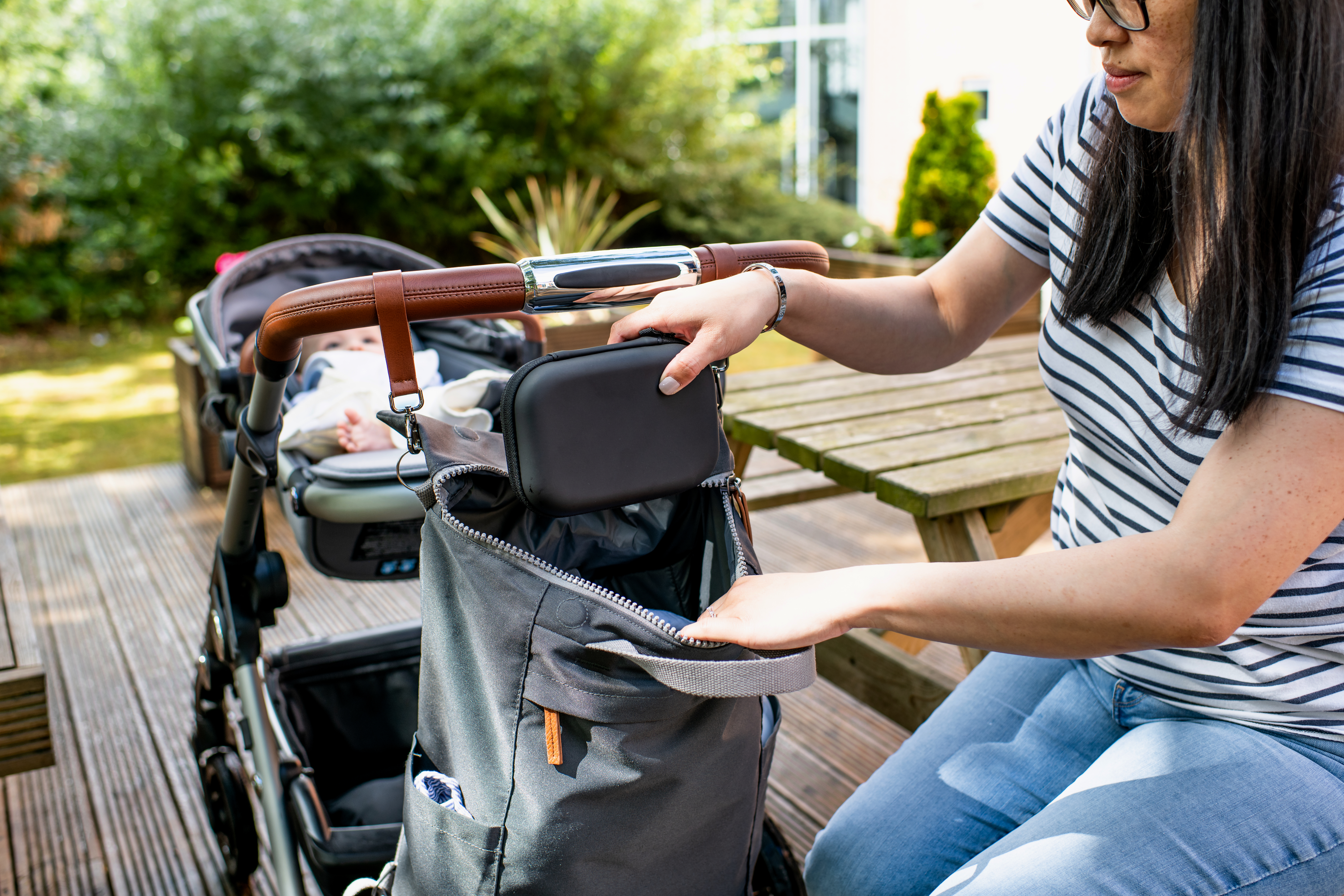When a baby is born prematurely, how many weeks along they are when they’re born can have an impact on their ability to do many things that full-term babies can do, such as bottle or breastfeeding.
As a parent, you’re bound to worry about making sure your little one gets the nutrients they need to grow, and it can be upsetting to know that your role in feeding your baby is going to look drastically different than you planned.
It’s important to remember that it’s completely normal for a premature baby to have feeding difficulties, and you’re not alone.
How do premature babies feed?
Tube Feeding
Your baby may be fed using tube feeding while on the neonatal unit. In premature babies, the coordination of sucking, swallowing, and breathing needed for effective feeding is usually not fully established until about 34 to 36 weeks’ gestation, although this can vary between one baby to the next. Tube feeding helps them receive enough nutrition to grow and develop.
During tube feeding, breast milk or formula is given through a tube in your baby’s nose or mouth and into their stomach.
Types of tube feeding include…
- Nasogastric tube feeding (also called an NG tube) – Baby is fed through a small soft tube, which is placed in the nose and runs down the back of the throat, through the food pipe (oesophagus) and into the stomach.
- Orogastric tube feeding – Baby is fed through a small soft tube, which is placed in the mouth and runs down the back of the throat, through the food pipe (oesophagus) and into the stomach.
- Babies who are very premature or sick may need to be fed using parenteral nutrition (PN) at first. This means that they’re fed via an intravenous (IV) line to begin with and a fluid containing nutrients is fed straight into their vein.
To help you get involved in feeds, staff on the neonatal unit will encourage and show you and your partner how to give tube feeds if you feel comfortable doing so.
Breastfeeding
If they’re premature, your baby may not be well or strong enough to breastfeed as soon as they’re born, and this can be upsetting for parents.
You may be encouraged to hand express for the first 24 to 48 hours, then at around day two or three, you can begin to use a breast pump to express milk. This will help get your milk supply going and the breast milk you collect can be given to your baby in a bottle, or using an NG tube if they’re able to have feeds. If not, it can be frozen so you can give it to your baby in a bottle when they’re ready.
Eventually, you should be able to start breastfeeding from the breast once you and your baby are ready. When the time comes, you may not know where to start with breastfeeding your baby, especially if they’ve previously been tube fed. You can combine tube feeding with breastfeeding until your baby is getting everything they need from the breast only. A nurse, midwife or feeding specialist on the neonatal unit will be able to support you.
Feeds are a great opportunity to have some skin-to-skin contact with your little one, and methods like Kangaroo Care (skin-to-skin contact when a baby is placed against the parent’s chest) improve lactation and help establish breastfeeding. You can talk to staff and plan a good time and comfortable place for you to try Kangaroo Care.
Remember that every baby is different, and it can take time to build your confidence, so it’s important to ask for help and support, especially when you first start out.
Bottle Feeding
When your baby is ready to move on from tube feeding to feeding from a bottle, how much they eat is not the most important thing. What matters the most is helping them practice and develop positive oral skills – so don’t worry if they aren’t taking in a lot of milk. They will get there!
Parents can choose to feed their premature or sick baby expressed milk or formula in a bottle, and some parents feed their baby through a combination of breast milk and formula.
Like other types of feeding, it’s important to recognise the cues that your baby is hungry before bottle feeding. When they’re ready for a feed, they may put their fingers into their mouth, make sucking motions (rooting) and become restless.
Following these steps while bottle feeding can help them to feed successfully and be more comfortable…
- Make sure you are close to your baby and hold them in the best position suited to your baby, with their head supported. This may be upright or elevated on their side. Some units may advise you to try different positions.
- Offer the bottle when your baby shows feeding cues.
- Gently invite your baby to take the teat.
- Avoid forcing your baby to take the teat or finish the feed.
If the milk comes too quickly, it can be difficult for your baby to coordinate their sucking, swallowing and breathing. A nurse or feeding specialist on the unit will show you teats, bottles and positions that can help your baby to do this more effectively. They’ll also be able to support you and show you how to make feeds and clean and sterilise your baby’s bottles.
It’s important to remember that even in a stressful, worry-filled time, there will be moments of joy and progress. Having a baby born premature or sick is a unique experience, and it is okay to find things difficult at times. Having plenty of support around you can help you build up confidence. You and your little one will get through it with the support of your medical team.


